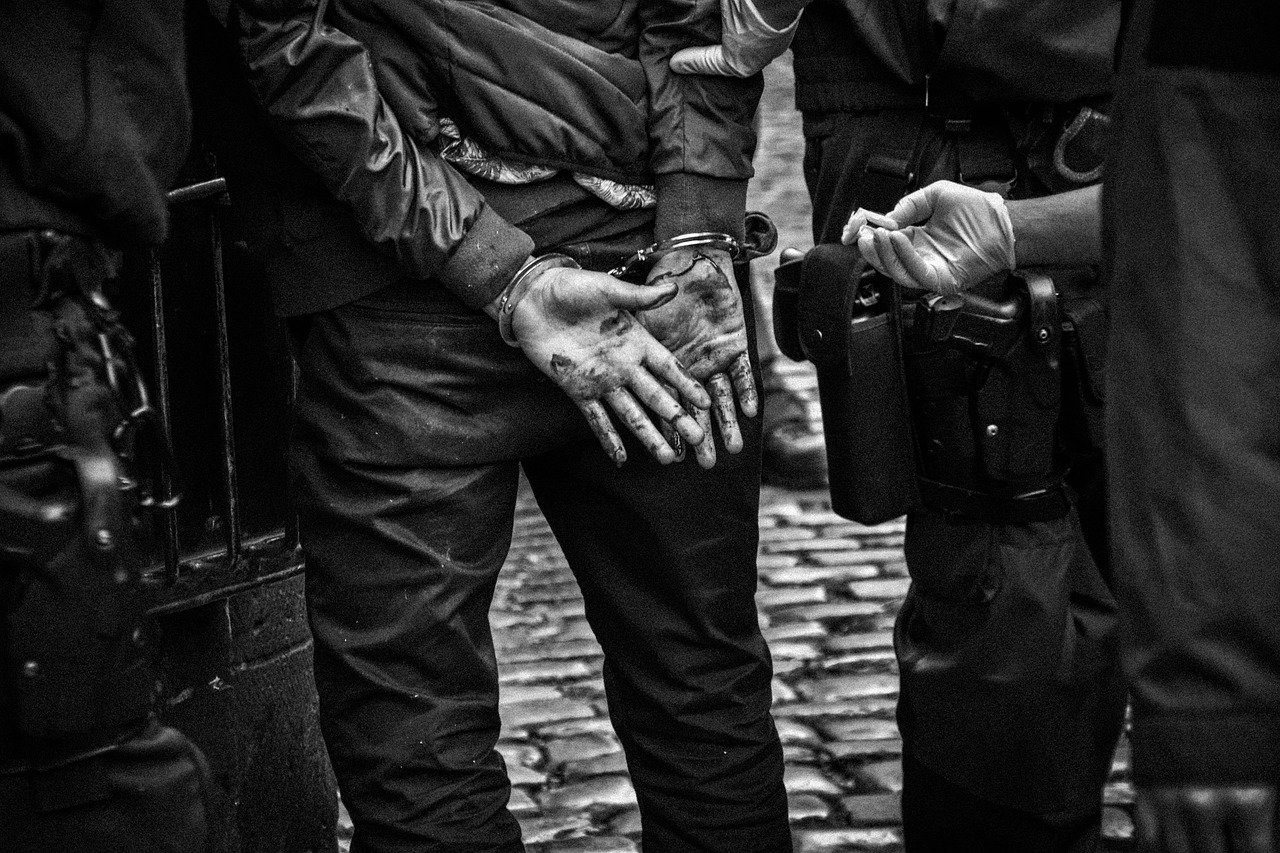Robbery Charge in Brampton

Facing a robbery charge can feel overwhelming. One moment, it’s a misunderstanding; the next, you’re looking at serious consequences. In Canada, robbery—taking someone else’s property using force or threats—is treated with utmost severity. But with the right legal help, you can protect your future.
What is Robbery?
Robbery isn’t just about stealing. It’s theft combined with violence, threats of violence, or weapons. Imagine someone grabbing a phone or wallet using force—or threatening someone to get it. That’s classified as robbery.
According to Canadian law, the Crown must prove two things:
- Theft – property was taken without consent.
- Force, threat, or weapon – used to facilitate that theft.
Both elements must be proven beyond a reasonable doubt to secure a conviction.
Types of Robbery & Sentencing Guidelines
Robbery is always an indictable offence, meaning it leads to serious charges. Sentencing depends heavily on circumstances:
Robbery without a Weapon
Still a grave offence, but typically results in shorter prison sentences—usually 2–5 years, depending on harm and context.
Robbery with a Firearm or Weapon
Here, sentencing becomes more severe:
- Firearm: Minimum 5 years imprisonment.
- Multiple offences or gang-related: Additional 7‑year consecutive sentences may apply.
- Non-firearm weapon (e.g., knife, pipe): Sentences can still stretch to life imprisonment.
Robbery for the benefit of an organisation or gang
Defending Against a Robbery Charge
Scrutinising the Evidence
- Re-check police work: Were procedures followed? Is there a clear witness statement?
- Consistency matters—if witness accounts or surveillance footage aren’t aligned, there's room to challenge.
Disproving the Legal Elements
If we prove either the theft didn’t happen or force wasn’t used, the charge might be dropped or reduced. For example:
- No weapon was actually shown
- The Crown can’t tie you to the scene
Negotiating for Charge Reductions
In some cases, the Crown may agree to reduce robbery to less serious offences like theft under $5,000. This carries lighter sentences and avoids the stigma of robbery.
Asserting Self‑Defence
If you acted in self-defence or to protect someone else, that can be a valid legal defence—especially if there’s evidence you had no other choice.
Why You Need an Experienced Robbery Charge Lawyer
- Explain your rights clearly in simple language, not legalese
- Build a robust defence by reviewing every piece of evidence
- Represent you strongly in court, knowing how to challenge the Crown’s case
- Negotiate smartly, aiming for reduced charges or lesser punishments
Real-Life Example: Turning Things Around
How Penalties Impact Life After Conviction
A robbery conviction can have long-term consequences:
- Prison time ranging from 2 years to life
- Criminal record affecting travel and employment
- Tough parole conditions and life-long stigma
What You Can Do Now
If you’re facing a robbery charge in Brampton—or anywhere in the Peel Region—here’s how to prepare:
- Contact me immediately to ensure your rights are protected from day one.
- Gather basic info: location, date/time, individuals involved
- Share everything you know about the incident or your innocence
- Stay off social media, and speak only with your lawyer
- Watch deadlines: court appearances and disclosure documents are time-sensitive
Why Choose My Defence Approach
- You get me directly, not a paralegal or junior handler
- I cut through the noise, offering straight advice
- I’m responsive—calls and texts welcomed until your case is resolved
- You don’t just get another lawyer—you get someone who knows Brampton and Crown attorneys well
Comprehensive FAQ
What’s the difference between robbery and theft?
Can robbery charges be reduced?
Will I go to prison?
What’s the typical jail time if convicted?
- No weapon: 2–5 years
- With firearm: Minimum 5 years
- Weapon used: 4 years to life, based on severity
Can I apply for bail?
Yes. Bail is possible—but requires strong justification. A skilled bail hearing and review process is critical. See my bail hearing and review page for full guidance.
Will this affect my employment?
Unfortunately, yes. A robbery record can limit job opportunities, housing access, and travel. That’s why early defence is essential.
Can I handle this without a lawyer?
How long does a robbery trial take?
Can I appeal a conviction?
Act Now—Protect Your Rights
Robbery charges can derail your life—but they don’t have to. With the right defense from the start, you put yourself in the strongest position possible. Let’s work together to protect your freedom and your future.

